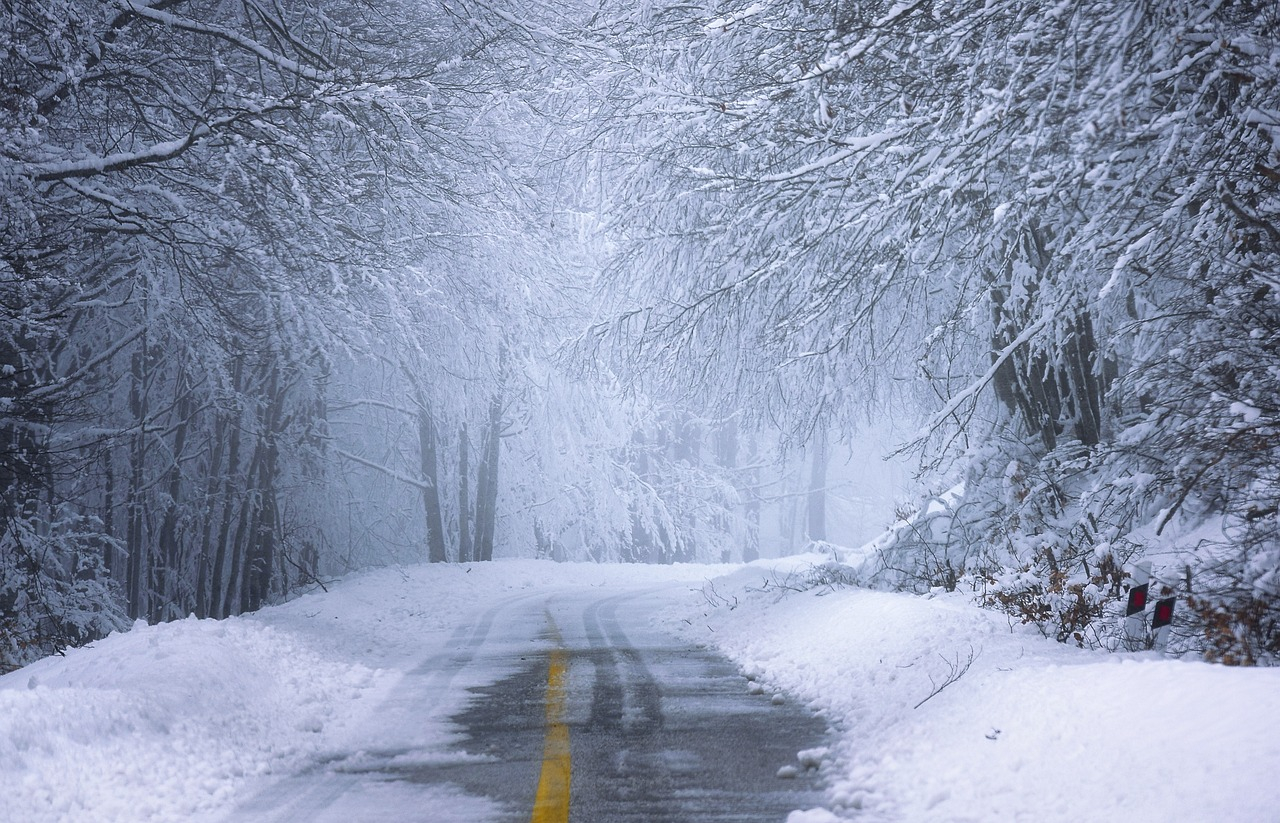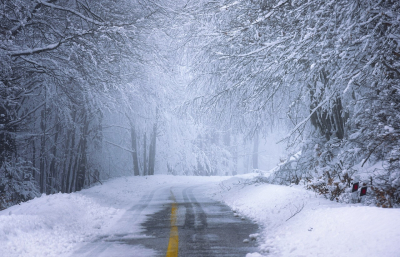Table of contents:
- Power outages across Canada
- Temperature extremes in major regions
- Health and safety warnings
- Arctic weather patterns and forecasts
Power outages across Canada
The severe cold has led to widespread power outages. In Montreal, nearly 100,000 addresses lost electricity early Tuesday as temperatures plunged to -15 C. By Wednesday morning, Hydro-Québec reported ongoing outages at over 3,700 locations, while parts of northern Quebec remained under blizzard warnings.
In New Brunswick, the city of Edmundston saw 4,900 outages on Tuesday as temperatures dipped to -32 C. Similar disruptions were reported in other regions, including Nova Scotia, where Halifax Water issued warnings about frozen pipes due to the frigid conditions.
Temperature extremes in major regions
In Toronto, temperatures reached -18 C early Wednesday, climbing slightly to -11 C by evening. This is a stark contrast to the average high of -2 C for this time of year. Extreme cold warnings remained in effect for northern Ontario, with wind chills expected to reach -40 C.
In Manitoba, Winnipeg faced -28 C temperatures overnight, though a slight reprieve is expected by Friday with a forecast high of -2 C. Late Wednesday afternoon, Cape Stallworthy in Nunavut recorded Canada’s coldest temperature at -31.3 C.
Health and safety warnings
Environment Canada has issued warnings about the risks associated with the extreme cold. Wind chill values below -27 C significantly increase the chances of frostbite and windburn.
- Children, seniors, and people with chronic illnesses are especially vulnerable.
- Those working outdoors and unhoused individuals are also at higher risk.
- Families are urged to keep pets indoors during extreme cold.
Several cities, including Toronto, have opened warming centers and deployed additional outreach workers to assist vulnerable populations.
Arctic weather patterns and forecasts
The current cold snap is driven by a disruption in the polar vortex, which typically contains frigid air above the poles. This disruption allows Arctic air to spill southward, bringing extreme cold across Canada and into parts of the United States.
According to Environment Canada meteorologist Brad Rousseau, high-pressure systems originating in the Arctic territories are descending into southern regions, carrying cold air eastward. While a slight reprieve is expected by the weekend, colder temperatures are likely to return next week.
Rousseau noted that while this cold spell has not broken temperature records, it feels more severe due to the unusually warm winters in recent years. Last winter, Canada experienced its warmest winter on record, 5.2 C above the baseline average.
The ongoing Arctic chill highlights the need for preparedness and caution during extreme weather events. With health risks and infrastructure challenges, Canadians must remain vigilant as the cold weather persists.
source: CBC


 Cats are the most popular pet in Canada. Despite their affectionate nature, they pose a significant threat to wild birds.
Cats are the most popular pet in Canada. Despite their affectionate nature, they pose a significant threat to wild birds. A powerful cold snap has engulfed central and eastern Canada this week, plunging temperatures far below seasonal averages. The extreme
A powerful cold snap has engulfed central and eastern Canada this week, plunging temperatures far below seasonal averages. The extreme Stress is a constant in modern life. From daily challenges to global issues, people are searching for ways to cope
Stress is a constant in modern life. From daily challenges to global issues, people are searching for ways to cope

